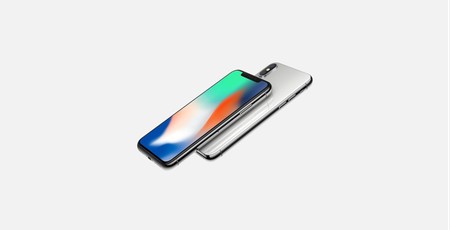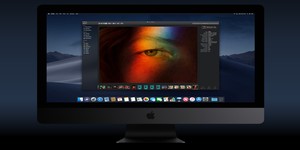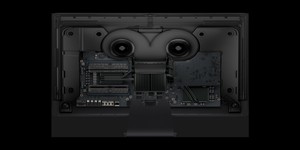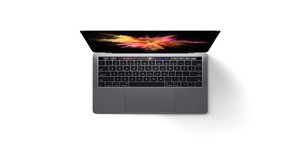Apple dates macOS 10.13 High Sierra, iOS 11, and watchOS 4
September 13, 2017 | 11:17
Companies: #apple

Apple has officially dated the launch of its next operating system iterations: MacOS 10.13 High Sierra will now launch on September 25th, preceded by mobile-centric iOS 11 and watchOS 4 on September 19th - both of which come with next-generation hardware to boot.
The follow-up to last year's macOS 10.12 Sierra launch, which brought with it a shift from the name OS X back to the classic macOS, macOS 10.13 High Sierra is more evolution than revolution. As well as tweaks to the included software - in particular a boost to Safari which sees it outperform rival Chrome by 80 percent for common JavaScript workloads, Apple has claimed - High Sierra includes the new Apple File System (APFS) to replace the outdated Hierarchical File System Plus (HFS+). The new standard filesystem across all Apple devices, APFS includes a range of improvements including on-the-fly compression, speed improvements, and creates hard links by default instead of copying the contents of files.
Other improvements in macOS 10.13 High Sierra include Metal 2.0, the latest version of Apple's low-level graphics API, and support for the High Efficiency Video Codec (HEVC) H.265 - though hardware acceleration is only available on newer Apple hardware, with older devices relying on software-driven playback even after installing the final release of High Sierra.
At the same time Apple announced launch dates for iOS 11 and watchOS 4, the former running across the iPad, iPhone, iPod Touch, and Apple TV families of devices and the latter running on Apple's smartwatch range as well as driving the Touch Bar integrated into the company's latest MacBook laptops. For iOS 11, there's the unsurprising launch of a new iPhone: the iPhone X, which includes 64GB or 256GB of storage, a high dynamic range (HDR) 2,436 x 1,125 pixel 5.8" display, and Apple's latest ARM-based 64-bit A11 'Bionic' processor with integrated 'Neural Engine' and M11 motion-sensing co-processor. For those baulking at the £1,000-plus price tag associated with the new iPhone X, though, there's also the iPhone 8 and 8 Plus, which drop to lower-resolution non-HDR displays but include the same A11 processor. Apple also announced a new Apple TV boasting 4K playback capabilities.
Smartwatch fans, meanwhile, have been offered the Apple Watch Series 3 - a device which borrows a trick Chinese smartwatch companies have been using for years and embeds a SIM card directly into the device allowing it access to LTE data networks without being tethered to a smartphone. The Apple Watch Series 3 will run the new watchOS 4 as standard, of course, which will also be released onto previous Apple Watch devices.

MSI MPG Velox 100R Chassis Review
October 14 2021 | 15:04








Want to comment? Please log in.